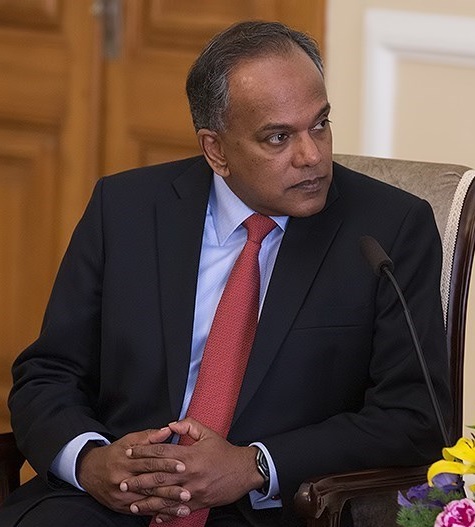Social media firms are hampered by their commercial interests when tackling fake news, Singapore's law minister said, defending the city-state's law against fake news which critics say stifles free speech.
Shanmugam, in a recorded message broadcast at the Reuters Next conference yesterday, defended Singapore’s law against concerns from the likes of Facebook claiming that it is a censorship tool, and fears from rights groups and others that it is used for political gain.
He said the law was necessary because the platforms that often host fake news have business models that depend on “attracting eyeballs”.
The issue has come to the fore following the storming of the US Capitol last week, sparked by a constant stream of falsehoods on social media over the past weeks. US lawmakers have also chided social media firms for allowing misinformation about the election to spread.
“Let’s be frank, when social media platforms argue against it (regulation), it’s really putting profit above principle,” Shanmugam said.
Singapore’s Protection from Online Falsehoods and Manipulation Act introduced in 2019 has been called the “most far-reaching legislation of its kind to date” by the Asia Internet Coalition, an association of Internet and technology companies.
It allows government ministers to order news outlets, social media users or platforms to carry warnings that their pages or posts contain false statements, and to include links to a government fact-checking website.
There are more stringent actions, fines and even jail for non-compliance.



